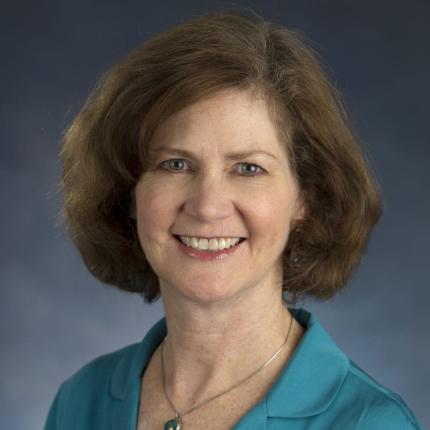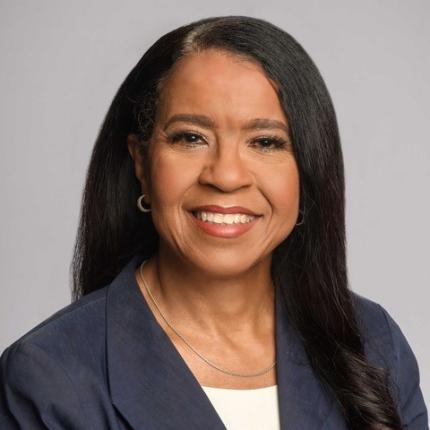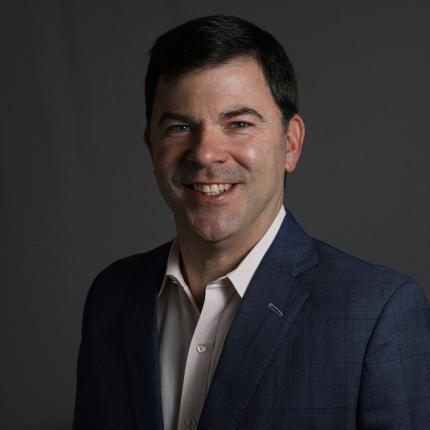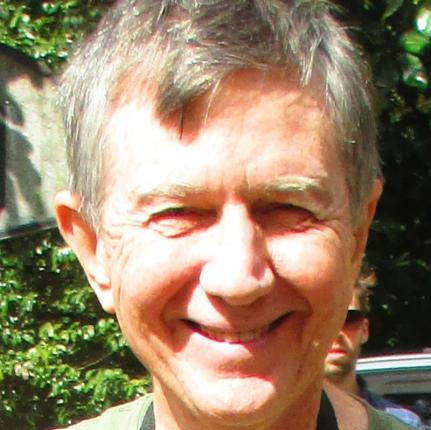Friday, April 14, 9:30am–10:45am
ROOM #341
The panel will focus on affective polarization and the challenges it poses to democracy, one of the UN goals for governance. Affective polarization refers to the degree of dislike between rival partisans, i.e. Democrats v. Republicans.
There is some consensus that affective polarization has been fueled by the rise of social media, populist candidates and extremist parties, and policy failures of democratic governments. And there is an abundance of evidence that affective polarization is threatening the basic governance goals and norms in democracy (e.g. compromise, cooperation, compliance, rule of law, etc.) and, in turn, undermining democracy in a wide range of countries and across U.S. states and cities.
It is less obvious if and how affective polarization can be reversed or how its most harmful effects can be mitigated. This panel brings together scholars, practitioners, and journalists on the front lines of this problem. Their experience and expertise ranges across multiple countries, time periods, cities, and states. Through an exchange of ideas among this group, we hope to shed light on how we might work together to depolarize our politics and, in turn, save our democracy.
The goal of that research agenda is to figure out – via comparison over time and space – what is ramping up affective polarization and how we might be able to ameliorate it.
Speakers
Blurb / Gallery Set

Dr. Ryan Carlin
Moderator
Director of the Center for Human Rights and Democracy
Professor of Political Science GSU

Dr. Jennifer McCoy
Panelist
Professor of Political Science GSU
Non-Resident Scholar - Democracy, Conflict and Governance Program, Carnegie Endowment for International Peace

Ms. Andrea Young
Panelist
Executive Director, ACLU of Georgia

Mr. Bill Barrow
Panelist
National Politics Reporter, Associated Press

Mr. Bill Bozarth
Panelist
Board Member, Better Ballot Georgia

